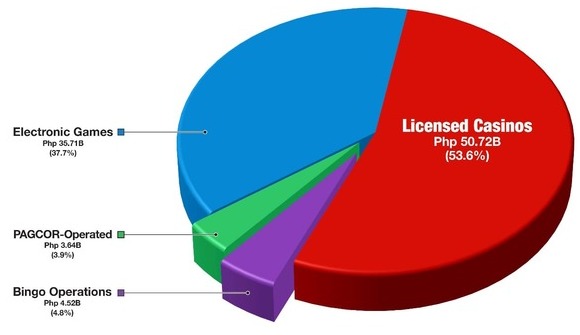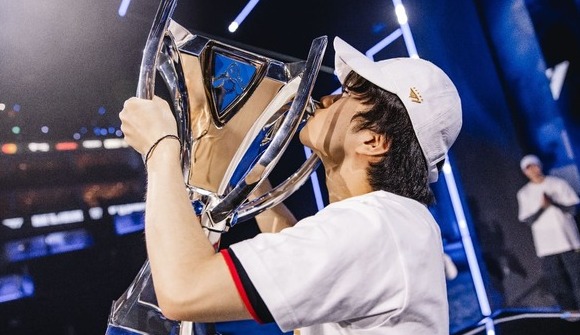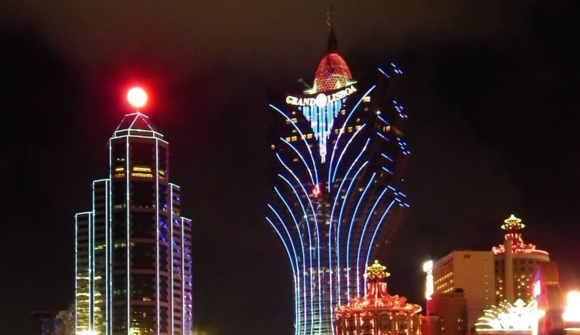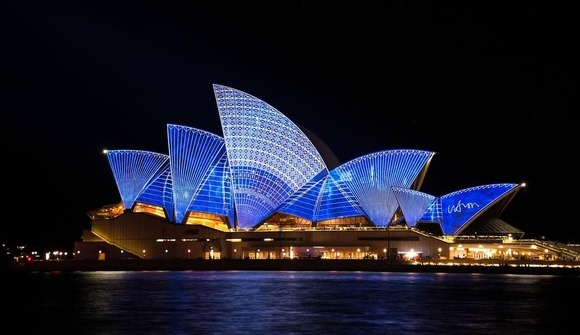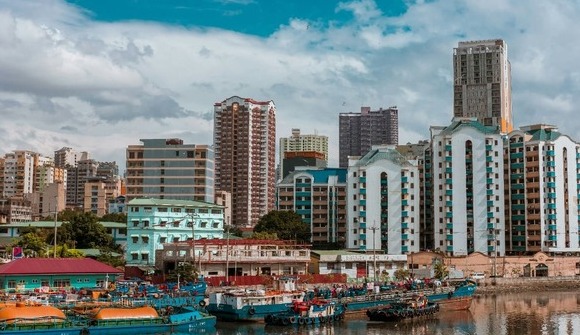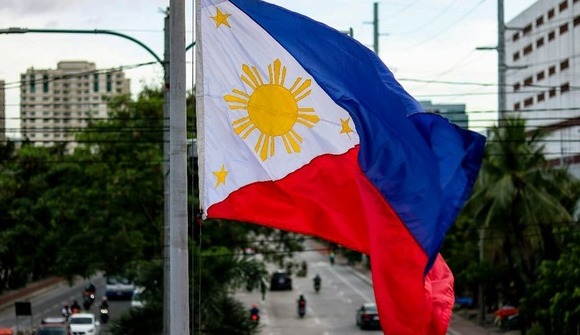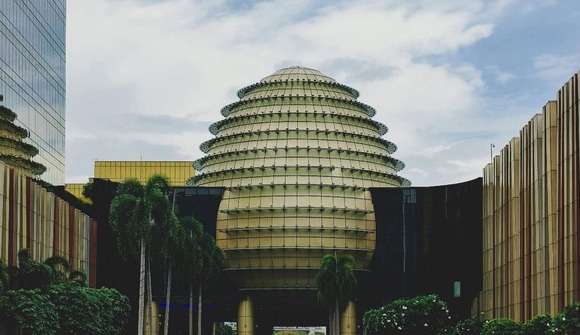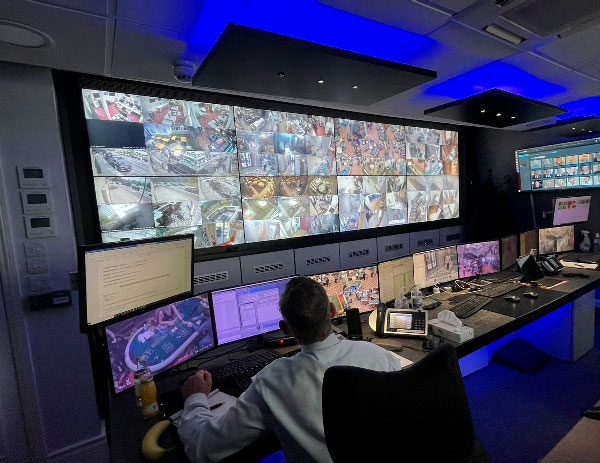
Why Casinos Are Spying on Their Ultra-Rich Clients
You could easily miss the exclusive Les Ambassadeurs casino in London. Just off Hyde Park Corner, it sits at the end of a quiet side street populated only with chauffeured black vans waiting to whisk wealthy guests to five-star restaurants or soccer games. The casino’s sole imposition on the street is a red awning above the door. A wall of fragrance, floral and citrus notes to the fore, hits as you cross the marble tiles to be greeted by a receptionist.
Owned by Paul Suen Cho Hung, a China-born businessman who also counts Birmingham City Football Club as a U.K. trophy asset, “Les A” is among the most exclusive gambling dens in the British capital, charging £25,000 ($31,340) a year for membership. Most of its more than 20,000 active members visit from Asia and the Middle East and include billionaires, royalty and celebrities. British retail billionaire Philip Green reportedly won £2 million at one of its roulette tables in 2004.
An integral part of how the casino lavishes services on its members is by monitoring their movements on the premises — with the help of facial-recognition cameras in recent years. Of the 400 cameras in the building, 10 are linked to a face-scanning system. Whenever a member enters the building or one of its private gambling rooms, staff get pinged on their phones.
Clients, for their part, accept this Orwellian scrutiny as necessary to enhance their experience. “It’s the expectation,” says Ryan Best, the surveillance and security manager at the casino who set up its facial-recognition system up in 2018. Several luxury hotels in nearby Mayfair have recently introduced similar systems to alert everyone to arriving VIPs, he says.





